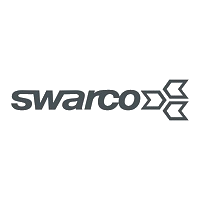
SWARCO
The traffic technology group SWARCO – headquartered in Wattens near Innsbruck, Austria – has an international network of production facilities, offices, and partners across the globe. Together, we offer one of the most complete solution portfolios for road marking, signage, urban traffic management, parking, highway and tunnel management, public transport, and street lighting.